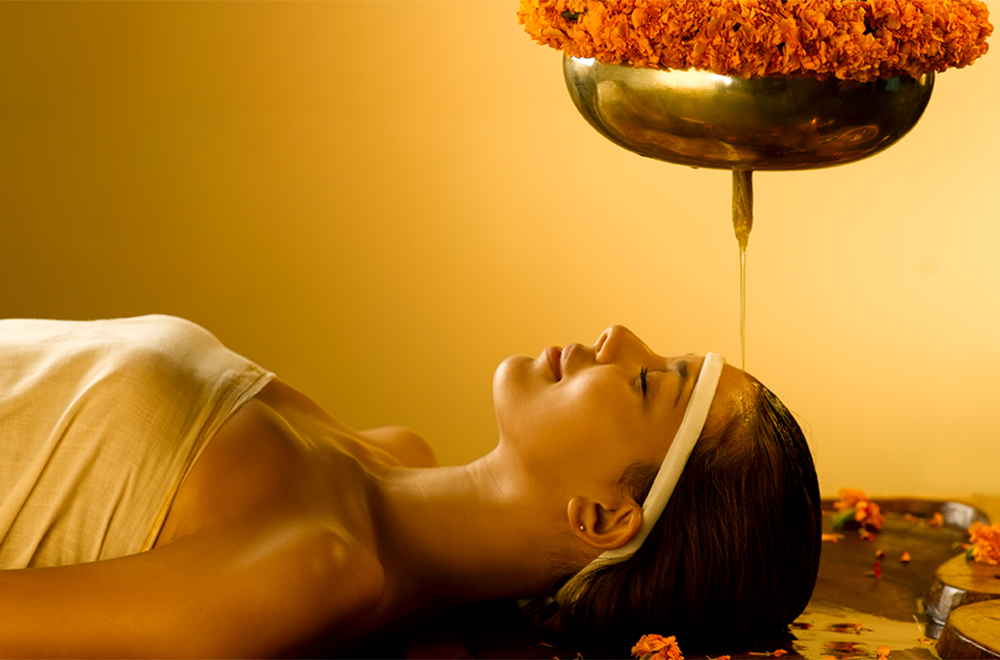Improved Circulation
Enhancing circulation through the practice of Abhyanga massage promotes overall wellness by stimulating blood flow and nourishing the body’s tissues. This traditional technique is often available at centers like the Panchkarma centre in Bhainsa, where warm herbal oils are gently massaged into the skin, allowing the oils to penetrate deep into the body. As the rhythmic strokes of the massage are applied, blood vessels near the surface of the skin dilate, increasing blood flow to all parts of the body.
Stress Reduction
As you embrace the ancient practice of Abhyanga, you’ll discover a profound tool for stress reduction. Whether you’re undergoing a Vamana treatment in Hyderabad or indulging in a massage in a local Ayurveda center, the gentle strokes of massage foster mental clarity, allowing you to navigate life with a clearer mind and lighter spirit.



